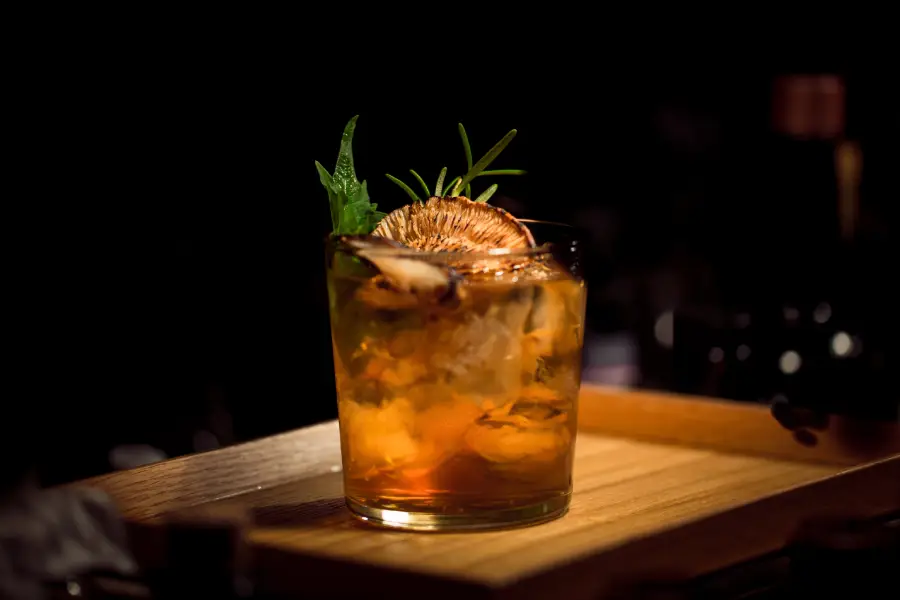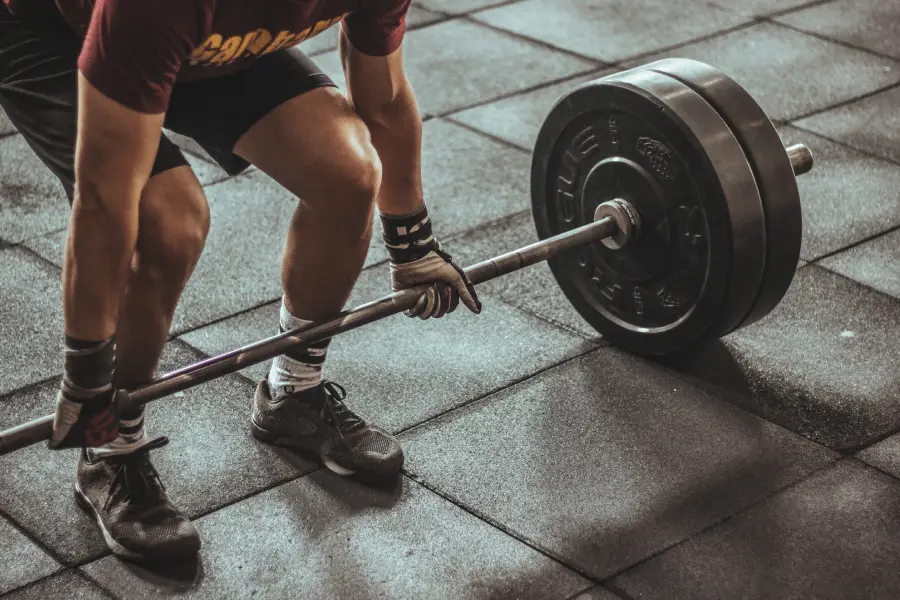
Can You Drink Alcohol While Taking Steroids for Inflammation?
Can You Drink Alcohol While Taking Steroids for Inflammation? Steroids are potent drugs that can help treat inflammatory conditions like arthritis, asthma, and autoimmune diseases. However, steroids also come with potential side effects. If you’re taking steroids for inflammation, you may be wondering if you can drink alcohol safely or if alcohol is entirely off-limits. Below, we’ll explore the interactions between steroids, alcohol, and inflammation to help you make informed choices about your health.
Contents
How Steroids Affect Inflammation in the Body
Steroids are very effective at reducing inflammation. They work by mimicking the effects of hormones your body produces naturally called glucocorticoids. Glucocorticoids regulate your immune system and inflammatory response.
Specific types of steroids prescribed for inflammatory conditions include corticosteroids like prednisone and dexamethasone. These steroids bind to glucocorticoid receptors on immune cells. This disrupts the function of genes that control inflammation. As a result, your immune system makes fewer inflammatory chemicals like cytokines. With less inflammation, you may experience less redness, swelling, heat, pain, and loss of function in affected body areas.
Potential Side Effects of Steroids
While steroids can dramatically improve inflammatory diseases, they also carry risks like:
- Increased appetite and weight gain
- Higher blood sugar
- Bone loss (osteoporosis)
- Easier bruising
- Mood changes like depression or irritability
- Trouble sleeping
- Higher risk of infection
These side effects happen because, in suppressing the immune system, steroids affect healthy processes, too. That’s why doctors recommend using the lowest effective steroid dose for the shortest time possible.
How Alcohol Impacts Inflammation
So, how does alcohol fit into the picture? Alcohol has complex and somewhat contradictory effects on inflammation.
In moderation, alcohol may have anti-inflammatory properties. For instance, population studies indicate that regular consumption of red wine is associated with decreased inflammatory markers.
However, heavy or binge drinking is pro-inflammatory. It triggers your immune system to release inflammatory cytokines and other chemicals. As a result, heavy drinking can worsen diseases driven by inflammation. These include:
- Liver disease
- Pancreatitis
- Cardiovascular disease
- Alzheimer’s disease
- Rheumatoid arthritis

Learn more: How to Prevent Calf Cramps While Running.
Interactions Between Steroids and Alcohol
There are several ways alcohol and steroids can interact in the body:
Liver Toxicity
Both alcohol and steroids taken long-term can harm your liver. Combining the two increases the risk of liver damage and complications.
For example, steroids may cause a fatty liver. Heavy drinking also leads to fatty liver as well as more severe alcoholic liver disease. Using both together is incredibly taxing on the liver.
Stomach Ulcers and Bleeding
Steroids like prednisone increase the risk of peptic ulcers and gastrointestinal bleeding. Alcohol also irritates the digestive tract and makes these side effects more likely.
Bone Loss
Alcohol and steroid use both reduce bone density, increasing your risk of osteoporosis and fractures. Combining the two has an additive effect, accelerating bone loss.
Mood Effects
Steroids and alcohol can both cause mood changes. Steroids may lead to feelings of depression, anxiety, or agitation. Heavy drinking also destabilizes mood. Using both can exacerbate mental health side effects.
Interference with Medications
Alcohol interacts with some medications used to treat inflammatory diseases. For example, it can alter the effectiveness of certain DMARDs for rheumatoid arthritis, like methotrexate. Ask your doctor about potential alcohol interactions with your medications.
Immune System Suppression
Since both steroids and heavy drinking suppress the immune system, combining the two may increase susceptibility to infections.
Impact on Diabetes
Steroid use can increase blood glucose, especially in those with diabetes. Alcohol also affects blood sugar levels. Using both steroids and alcohol makes diabetes more difficult to control.
Can You Drink Alcohol While Taking Steroids for Inflammation?
Most doctors recommend avoiding alcohol entirely during steroid treatment, given the health risks involved.
However, recent research suggests a shallow level of drinking may be safe for some people on steroids.
One study looked at rheumatoid arthritis patients taking prednisone long-term. People who drank less than 3 alcoholic beverages per week did not have increased liver stiffness compared to non-drinkers. Moderate alcohol intake also did not impact their disease activity or response to treatment.
Another study found that less than 2 drinks per day did not worsen bone loss in people taking steroids. And under 3 drinks per day did not affect diabetes risk.
However, it’s unclear if occasional light drinking is entirely risk-free. Alcohol tolerance can vary a lot between individuals. Other health conditions and genetics influence how your body reacts to alcohol and steroids.
Ultimately, any alcohol consumption is generally not recommended. But if you do choose to drink, extreme moderation is vital.
Tips for Drinking Wisely on Steroids
If you plan to drink any alcohol during steroid treatment, here are some tips to reduce risks:
- Consult your doctor about your specific health risks.
- Limit intake to 1 standard drink per day or less. One drink is 12 oz beer, 5 oz wine, or 1.5 oz distilled spirits.
- Avoid binge drinking altogether. Spread drinks out over time instead of having them all at once.
- Drink slowly to monitor your tolerance, and stop if you feel buzzed.
- Stay well hydrated with water and non-alcoholic drinks.
- Take your steroids and other medications as prescribed. Don’t skip or alter doses due to drinking.
- Carefully monitor your mood, blood sugar, and gastrointestinal symptoms. Report concerning changes to your doctor.
- Get regular liver function tests as recommended by your doctor.
- Don’t drink alcohol within 48 hours of any surgical procedures.
The bottom line? It’s safest to avoid combining alcohol and steroids. But if you do opt to drink, keep your consumption to a bare minimum. Pay attention to any problematic symptoms and talk to your doctor about appropriate precautions. Being informed and proactive will help you balance inflammation treatment with alcohol risks.
When to Completely Avoid Alcohol with Steroids
There are certain situations where you should avoid alcohol altogether when taking steroids:
- If you have liver disease, a heavy drinking history, or alcoholism
- If you have severe depression or other mental illness
- If you have poorly controlled diabetes
- If you have severe osteoporosis with high fracture risk
- If you are pregnant or breastfeeding
- If you have a surgery or procedure scheduled
- If you have a severe infection
- If you are under 21 years old
It’s also best to abstain if you are starting a new steroid, increasing your dosage, or experiencing severe side effects. Speak to your doctor about when it is or isn’t prudent to drink any amount based on your health status. They can help assess if alcohol should be off the table.

Learn more: Recommended Dose of Turmeric for Inflammation.
How Long After Taking Steroids Can You Drink Alcohol?
There is no definitive guideline for how long you should avoid alcohol after finishing a course of steroid medication. Steroids like prednisone are processed and cleared from the body at different rates depending on the individual. In general, experts recommend avoiding alcohol for at least 2-3 weeks after your last steroid dose.
This allows time for the medication to be sufficiently eliminated from your system and its effects on your body to wear off. It also gives your body a chance to readjust immune function, inflammatory response, and metabolism after being altered by steroids.
Consuming alcohol too soon after stopping steroids could lead to flaring of your condition, increased side effects, and other health risks if the drug still lingers in your tissues. The longer you wait before drinking again, the more complete your recovery will be.
Speak to your doctor about an appropriate waiting period based on the steroid type, dosage, length of treatment, and other medications you take. They can help determine when your body will likely be clear of steroids and your disease stable enough to consider modest alcohol intake.
With patience and proper guidance after your steroid treatment ends, you can reduce medication interactions and risks when reintroducing alcohol in moderation. Listen to your body and your doctor, and don’t rush back into drinking until you’ve given yourself adequate healing time.
Alternatives to Alcohol
If you are accustomed to unwinding with a beer or glass of wine in the evening, consider healthier, alcohol-free alternatives. Here are some options to try:
- Relaxing teas: Herbal teas like chamomile, peppermint, or lavender can have calming effects. Green tea also has anti-inflammatory properties.
- Virgin cocktails: Swap alcohol for seltzer or juice in your favorite mixed drinks. Try mocktails, sodas, or sparkling waters with lemon, lime, or bitters.
- Tonic water: Quinine-containing tonic has a slightly bitter taste similar to alcohol. Enjoy it with a dash of fruit juice.
- Dealcoholized wines and beers: These products let you enjoy the flavor of your preferred beverage with little or no alcohol.
- Milk or milk substitutes: Warm milk, plant-based kinds of milk, or a milkshake can satisfy comfort food cravings.
- Relaxation techniques: Meditate, bathe, get a massage, listen to music, or practice breathing exercises to de-stress without alcohol.